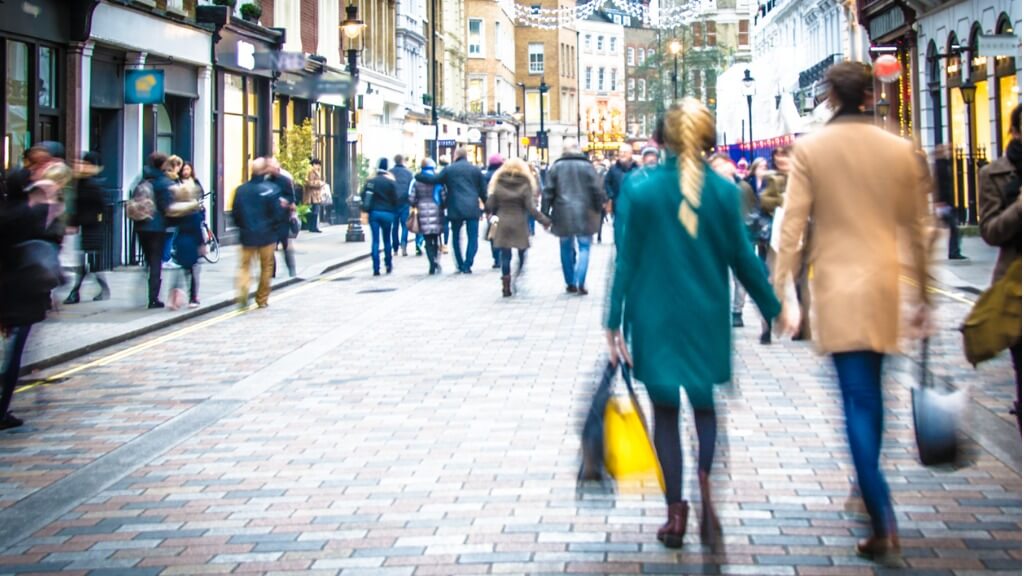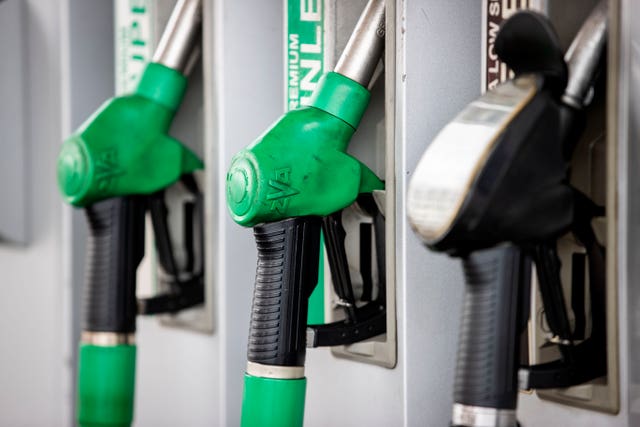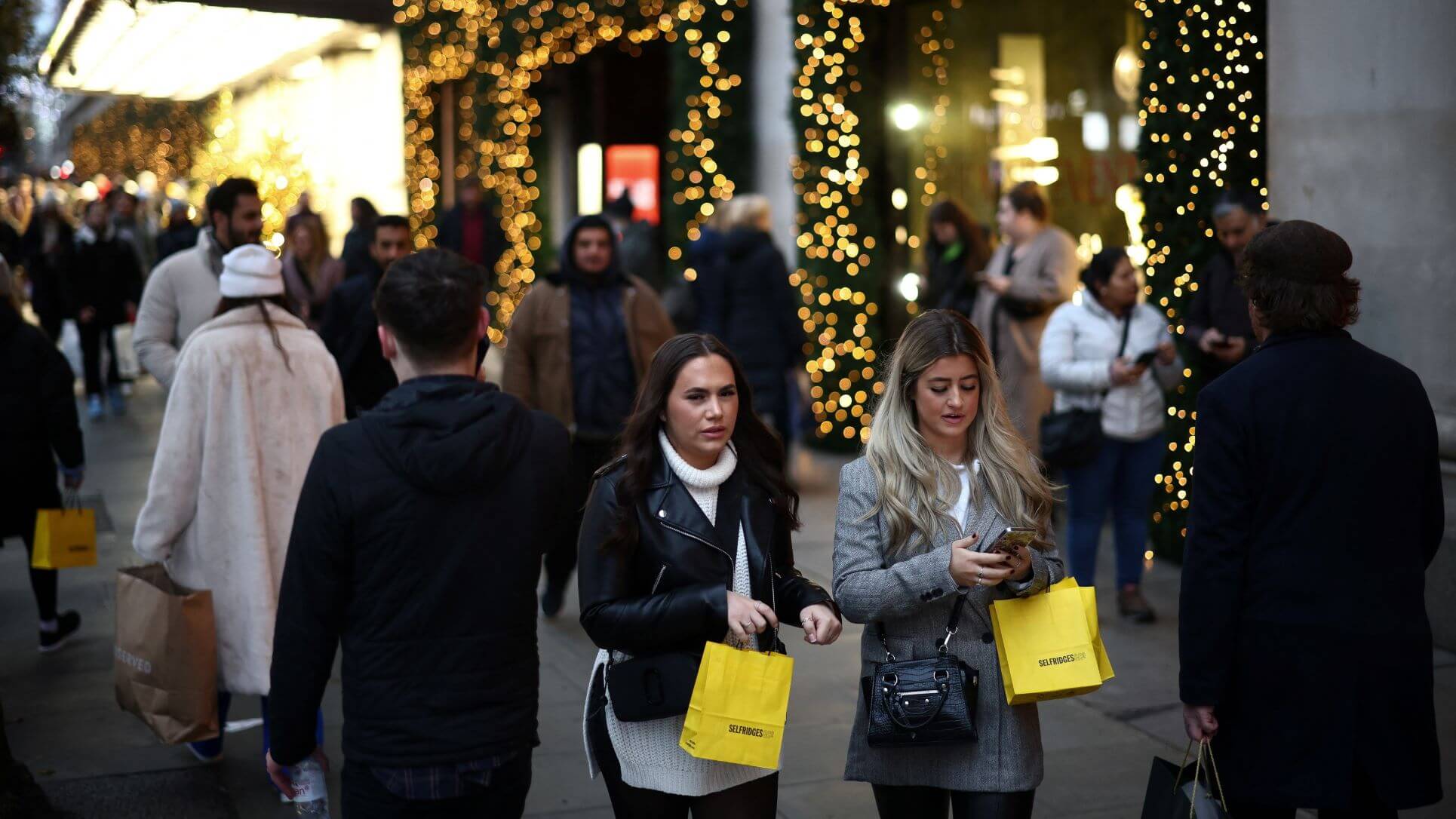The Office for National Statistics said the rate of Consumer Price Index inflation decreased to 1.5%.
Inflation Falls In March On Lower Clothing And Petrol Prices
The Office for National Statistics said the rate of Consumer Price Index inflation decreased to 1.5%.

UK inflation slipped lower in March on the back of falling clothing and motor fuel prices amid the coronavirus outbreak, official figures show.
The Office for National Statistics (ONS) said the rate of Consumer Price Index (CPI) inflation decreased to 1.5%.
The fall was sharper than many economists predicted after analysts at Pantheon Macroeconomics predicted that the headline rate would slow to 1.6%.
Economists said they now expect inflation to dive further as the coronavirus lockdown presses down on demand for certain items, forcing prices lower.

The ONS previously revealed that high-demand grocery items have seen prices continue to increase in recent weeks, but hard-hit sectors are expected to more than offset the rise.
CPI inflation was reported at 1.7% in February, after declining slightly from the previous month.
ONS head of inflation Mike Hardie said: “The inflation rate slowed again in March, mainly due to falling prices for clothing and motor fuel.
“Clothing prices normally rise between February and March as new year discounting ends. However, this year the price of clothes has eased due to some retailers offering discounts due to decreased footfall in stores before the lockdown started.”
The figures, collected by the ONS on March 17 before the nationwide lockdown was enforced, revealed that clothing and shoe prices slumped 1.2% in the month.
Petrol prices fell by 5.1p per litre between February and March, while diesel fell by 5.5p as the pandemic hit demand, while the oil price war between Saudi Arabia and Russia continued to drive supply.
The ONS said the downward effect of motor fuel on inflation was largely offset by higher air fares, which jumped 5.3% in March as travel restrictions heavily reduced flight numbers.
The consumer price inflation including owner occupiers’ costs (CPIH) 12-month rate was 1.5% in March, down from 1.7% in February 2020 https://t.co/lSERQ8XDfb pic.twitter.com/yRkaJNpTBL
— Office for National Statistics (ONS) (@ONS) April 22, 2020
Howard Archer, chief economic adviser for EY Item Club, said: “Inflation looks certain to fall back sharply over the coming months and we believe it could get as low as 0.5% over the summer.
“Sharply lower oil prices will bring inflation down, along with substantially weakened economic activity in the near term at least.”
Melissa Davies, chief economist at Redburn, said: “It will be a volatile ride for inflation over the next year, with negative numbers a possibility followed by a sharp reversal.
“The underlying trend is one of lower prices, however, as the economy is unlikely to catch up the ground lost during this initial shock.”
The Retail Price Index (RPI), a separate measure of inflation, was 2.6%, up from 2.5% the previous month.
Meanwhile, the CPI including owner-occupiers’ housing costs (CPIH) – the ONS’s preferred measure of inflation – was 1.5% last month, down from 1.7% in February.
Thanks for signing up to Minutehack alerts.
Brilliant editorials heading your way soon.
Okay, Thanks!

